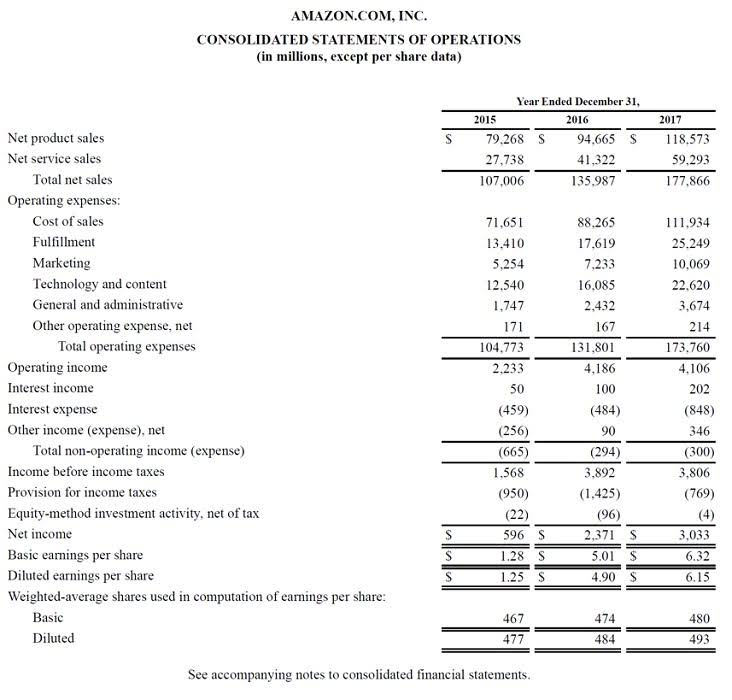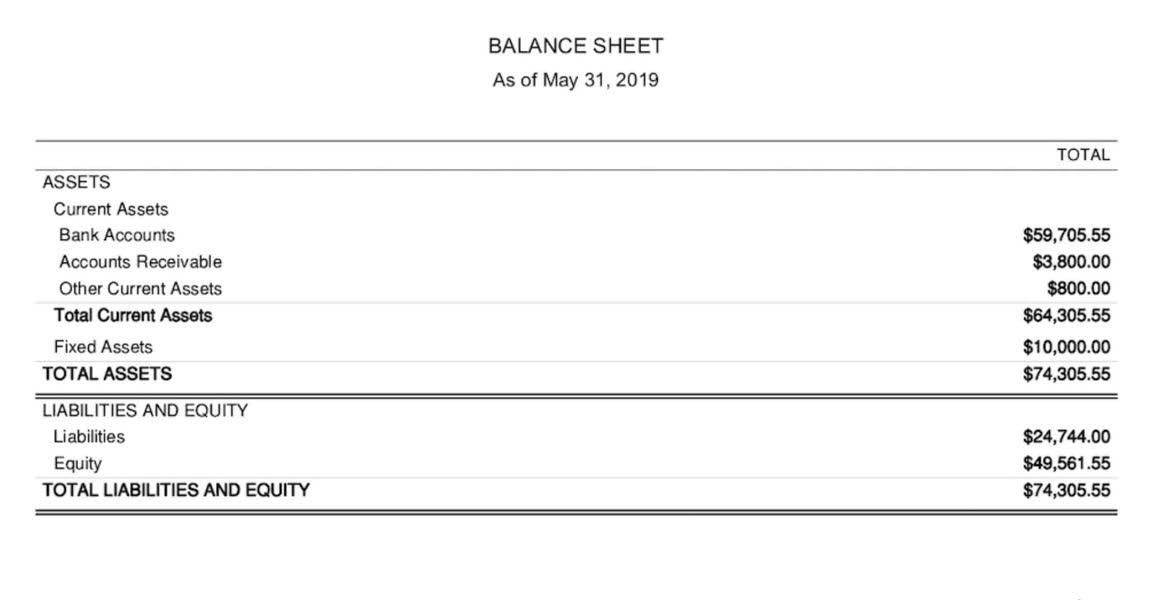
FOB, on the other hand, gives buyers more control and potential cost savings as it allows them to manage the shipping and insurance themselves. In FOB terms, liability shifts from the seller to the buyer once the goods are loaded onto the vessel. Businesses must choose between these shipping terms based on their needs and risk tolerance. For instance, companies seeking cost savings may prefer FOB Origin to offload responsibilities early in shipping.
FOB Origin vs Destination
- This means they pay for the goods to be transported to the port and onto the vessel.
- Unlike FOB shipping, the supplier is not required to ensure the safe movement from port to ship.
- Considering FOB in pricing discussions is vital as it directly impacts the total landed cost of goods, affecting profitability for both parties.
- For information pertaining to the registration status of 11 Financial, please contact the state securities regulators for those states in which 11 Financial maintains a registration filing.
- When goods are labeled as FOB shipping point, the seller’s role in the transaction is complete when the purchased items are given to a shipping carrier and the shipment begins.
Free on Board (FOB) is a shipping designation in international trade, indicating the point at which responsibilities and risks of goods transfer from seller to buyer. In addition, sellers are typically responsible for freight charges, which adds to their overall costs. To account for these expenses, sellers may need to increase the final price for the buyer. This can affect the seller’s competitiveness in the market, as buyers may opt for lower-priced alternatives. CIF stands for Cost, Insurance and Freight, whereas FOB stands for Free on Board.
Mastering FOB in Shipping: A Complete Guide
There are 11 internationally recognized Incoterms that cover buyer and seller responsibilities during exports. Some Incoterms can be used only for transport via sea, while others fob shipping point can be used for any mode of transportation. For example, assume Company XYZ in the U.S. buys computers from a supplier in China and signs a FOB destination agreement.

What is Freight On Board (FOB)?
FOB Destination signifies the seller retaining responsibility for goods until they reach the buyer’s designated location. At this stage, ownership and risk remain with the seller until delivery is completed successfully. This distinction plays a critical role in determining financial obligations and liabilities. This can also be important information for accountants, who may record the moment a transaction takes place based on where a shipment is FOB. When an order is „FOB origin,” it means the transfer of ownership happens when it leaves the seller’s hands. If any shipping is required to get the goods to the buyer, the buyer will contract for that shipping and pay for it.

This includes ensuring the goods arrive at the FOB destination in a satisfactory condition. Whether you ultimately decide to ship FOB or choose another agreement, it’s important to know all of your options so you can choose the one that’s best for you. This guide should help you understand FOB shipping, which should get you on your way to knowing how best to ship your goods internationally for your business. Once the goods reach port in your country, you may also have to pay to have them unloaded from the ship or plane, unpacked and prepared to be shipped onward. Something to watch out for when you pay for the goods is paying more than you need to for the international payment. Many banks and money transfer services hide most of their profit in poor exchange rates.
For packages that are FOB origin, the buyer will often contract with the shipper and pay the freight costs directly, not arranging it through you, the seller. In that case, the buyer generally will not have to pay sales taxes on the shipping costs, since most states exempt freight charges paid directly to carriers from sales tax. In FOB shipping point agreements, the seller pays all transportation costs and fees to get the goods to the port of origin.
- Or, if you’re paying in the local currency where you’re buying from, you may find you could save up to 8x by sending through Wise rather than your bank or even PayPal.
- When goods are labeled with a destination port, the seller stays responsible for damages, lost items, and other costs and issues until the shipment is complete.
- Which may mean you’ll need to have a shipping company move the goods by sea or air from the seller’s country to your country.
- Choosing the right FOB term can significantly impact your business operations, financial records, and risk management, so consider these factors carefully.
- The articles and research support materials available on this site are educational and are not intended to be investment or tax advice.
- For example, assume Company XYZ in the U.S. buys computers from a supplier in China and signs a FOB destination agreement.
- This means the seller retains ownership and responsibility for the goods during the shipping process until they’re delivered to the buyer’s specified location.
If you’re new to overseas freight shipping, navigating those uncharted waters can be confusing and overwhelming. This guide should help you gain a better understanding of at least one of the many trade terms you may encounter. As you navigate the world of shipping terminologies, consider the nuances of FOB and how they can impact your transactions. Whether you’re a seasoned professional or just starting out, applying this knowledge correctly can lead to smoother operations and better decision-making.

FOB and Transfer of Ownership


